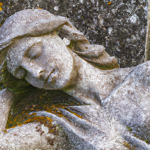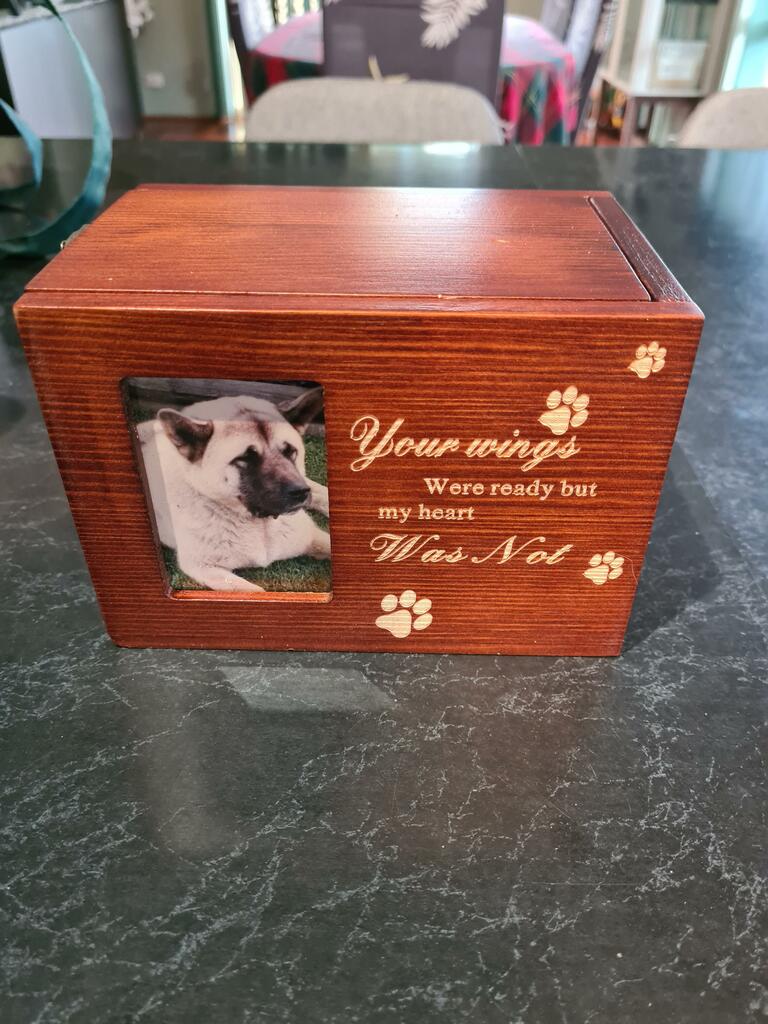Ash Memorials: Honoring Loved Ones in a Unique and Meaningful Way
Losing a loved one is a deeply emotional experience that leaves an everlasting void in our lives. As we navigate through grief, we often seek solace in finding ways to remember and honor those we have lost. While traditional memorials such as gravestones and urns have long been the norm, a growing trend in recent years is the use of ash memorials. These unique and personalized tributes allow us to keep our loved ones close, even after they have departed.
The Rise of Ash Memorials
Ash memorials have gained popularity due to their versatility and the comfort they provide to grieving families. Instead of interring ashes in a traditional urn, families can choose to incorporate the ashes into various objects or even have them transformed into jewelry. This allows for a more personal and tangible memorial that can be cherished and carried with them wherever they go.
The Importance of Personalization
One of the key benefits of ash memorials is the ability to personalize them. Each person is unique, and their memorial should reflect that. From custom-made pendants containing a small portion of ashes to decorative glass sculptures infused with cremated remains, the options are endless. This personalization not only honors the individuality of the departed but also provides solace to those left behind.
I remember when my grandmother passed away, and my family decided to have her ashes transformed into a beautiful glass paperweight. Every time I see it on my desk, I am reminded of her presence and the love she brought into our lives. It serves as a constant reminder of her strength and resilience.
Unique Ways to Incorporate Ashes
Ash memorials offer a wide range of possibilities for incorporating ashes in unique and meaningful ways. Some families choose to have the ashes mixed into paint and create a beautiful artwork that can be displayed in their homes. Others opt for having the ashes infused into jewelry, such as rings or pendants, enabling them to wear a physical representation of their loved one’s presence.
For those who appreciate nature, ashes can be used to grow a memorial tree or flower bed, creating a living tribute that grows and flourishes over time. This serves as a powerful symbol of life’s continuity and provides a peaceful place to reflect and remember.
Preserving Memories for Future Generations
One of the advantages of ash memorials is their ability to be passed down through generations. Unlike traditional gravestones or urns, ash memorials can become a cherished heirloom that tells the story of their loved one for years to come. They serve as a tangible connection to the past, allowing future generations to understand and appreciate their family history.
The Healing Power of Ash Memorials
Grief is a complex journey, and finding ways to heal is essential in the process. Ash memorials have been shown to provide comfort and a sense of closeness to those mourning the loss of a loved one. These tangible reminders offer a physical connection and help ease the pain of separation.
In summary, ash memorials have become a popular and meaningful way to honor and remember loved ones who have passed away. The ability to personalize these memorials allows for a unique and individual tribute that serves as a constant reminder of their presence. With various ways to incorporate ashes, families can choose the method that resonates most deeply with their connection to the departed. These memorials provide solace, preserve memories for future generations, and offer a healing connection to those navigating the journey of grief.
Important points to remember about ash memorials:













